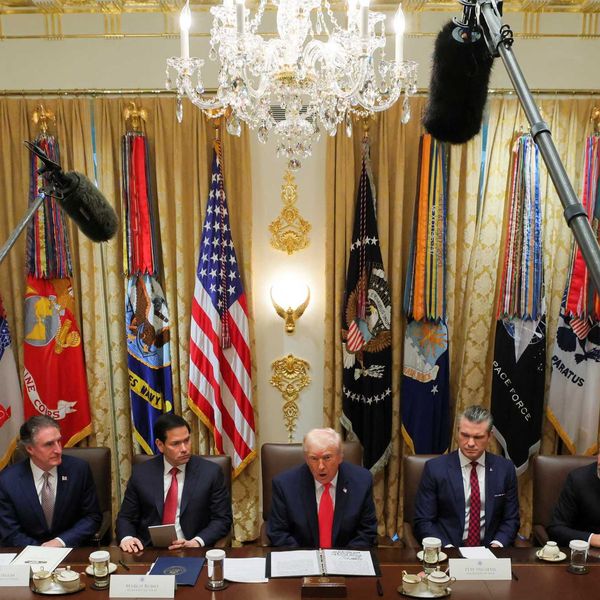Senate Judiciary Committee Chair Dick Durbin is escalating Democrats’ drive for ethics reforms at the Supreme Court by inviting Chief Justice John Roberts to testify before Congress next month.
In the wake of recent reports about undisclosed real estate transactions and expense-paid luxury trips taken by Justice Clarence Thomas, Durbin called on Roberts to appear before the committee on May 2, saying his testimony on ethics issues would improve public faith in the high court.
“There has been a steady stream of revelations regarding Justices falling short of the ethical standards expected of other federal judges and, indeed, of public servants generally,” the Illinois Democrat wrote in a one-page letter to Roberts. “These problems were already apparent back in 2011, and the Court’s decade-long failure to address them has contributed to a crisis of public confidence. The status quo is no longer tenable.”
“The time has come for a new public conversation on ways to restore confidence in the Court’s
ethical standards. I invite you to join it,” Durbin added.
A Supreme Court spokesperson did not immediately respond to an inquiry about whether Roberts plans to accept Durbin’s invitation.
Asked by reporters Thursday if he planned a subpoena for the chief justice if he does not agree to appear voluntarily, Durbin appeared to allude to Democrats’ ongoing difficulties related to the absence of Sen. Dianne Feinstein (D-Calif.), a longtime Judiciary committee member who has been away from the Senate for months for medical reasons.
“It takes a majority. I don’t have a majority,” Durbin said bluntly, adding that he was hopeful Roberts would agree. “There’s been no discussion of subpoenas for anyone at this point.”
One Republican on the panel, Sen. Thom Tillis of North Carolina, expressed concern that a hearing with Roberts could wind up in a slugfest over issues unrelated to ethics practices at the court.
“You could quickly see it become a political show from either end of the spectrum,” Tillis said. “We could see it devolve into something that had nothing to do with the subject matter.”
Tillis also said the justices should be the ones deciding how to address ethics complaints and he questioned whether the high court’s standing with the public has, in fact, eroded.
“They themselves need to decide what, if anything, they need to do to restore any confidence that they think that they’ve lost, if in fact they think they’ve lost it,” Tillis said.
Durbin’s letter said Roberts “would not be expected to answer questions from Senators” about matters other than ethics, but it seems unlikely Durbin could prevent his colleagues from using a hearing to air such questions.
The Judiciary chair also offered an alternative, if Roberts doesn’t want to attend himself: He could send another justice in his place.
The Supreme Court is not bound by the code of ethics that applies to other federal judges and has no formal process to review ethics complaints. Roberts has said that the justices consult the ethics code for judges and also rely on various other authorities in deciding how to address ethics issues.
Democratic lawmakers have proposed imposing an ethics code and process on the Supreme Court by legislation, if the court does not craft such reforms itself.
The last appearance before a congressional committee by members of the Supreme Court came in 2019, when Justices Samuel Alito and Elena Kagan attended a House Appropriations subcommittee hearing on the high court’s budget.
Kagan said at that hearing that the justices were discussing an ethics code, but in the four years since no such regime has been adopted by the high court.
Durbin noted in his letter, and to reporters, that a pair of justices – Antonin Scalia and Stephen Breyer – testified to the Judiciary panel in 2011. “There’s precedent for this,” the senator said.
The call for Roberts to testify comes in the wake of reports by ProPublica about Thomas’ frequent vacationing, sometimes on private jets, with wealthy Texas real estate developer Harlan Crow, and about Crow’s purchase of Thomas’ childhood home and neighboring properties.
Thomas has said in a statement that he has attempted to abide by financial disclosure requirements that apply to all federal judges and that he was advised “personal hospitality” from Crow did not have to be disclosed. Thomas, the court’s oldest and longest-serving justice, has not commented on the sale of his mother’s home to Crow or why it was not reported.
CORRECTION: An earlier version of this article misidentified which state Sen. Thom Tillis is from. He is from North Carolina.



